Publications
Articles, publications, books, tools and multimedia features from the U.S. Institute of Peace provide the latest news, analysis, research findings, practitioner guides and reports, all related to the conflict zones and issues that are at the center of the Institute’s work to prevent and reduce violent conflict.
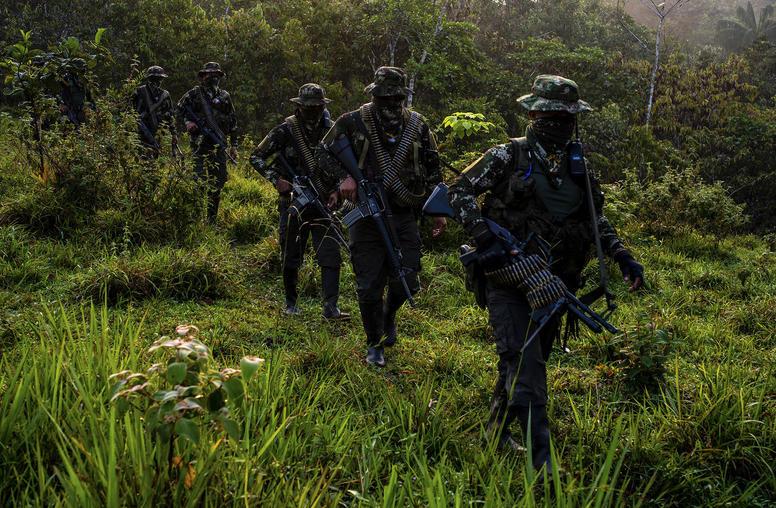
Una lideresa social colombiana propone una estrategia para la paz con base en las comunidades
Tras nueve meses después del inicio de los nuevos esfuerzos del gobierno colombiano para alcanzar la "Paz Total" con los grupos armados que aún continúan activos luego de décadas de conflicto armado, este proceso debería buscar un espacio para que las miles de organizaciones comunitarias y de base del país fortalezcan la paz a nivel local cuando cesen los combates, dice una destacada líderesa social de una de las regiones más violentas del país. La estabilización de Colombia, desde donde la migración hacia Estados Unidos y otros países se disparó el año pasado, requerirá un apoyo constante de Estados Unidos y de sus socios internacionales, dijo María Eugenia Mosquera Riascos, quien ayuda a dirigir una red colombiana de 140 organizaciones cívicas y comunitarias que trabajan para poner fin a la violencia.

Colombian Civic Leader Offers a Grassroots Strategy for Peace
Nine months into new efforts by Colombia’s administration to achieve “total peace” with remaining armed groups following decades of civil war, that process should make room for the nation’s thousands of grassroots and community organizations to strengthen peace locally when the fighting stops, says a prominent civic leader from one of the country’s most violent regions. Stabilizing Colombia, where migration toward the United States and other countries soared last year, will require steady support from U.S. and international partners, said Maria Eugenia Mosquera Riascos, who helps lead a Colombian network of 140 civic and community organizations working to end violence.
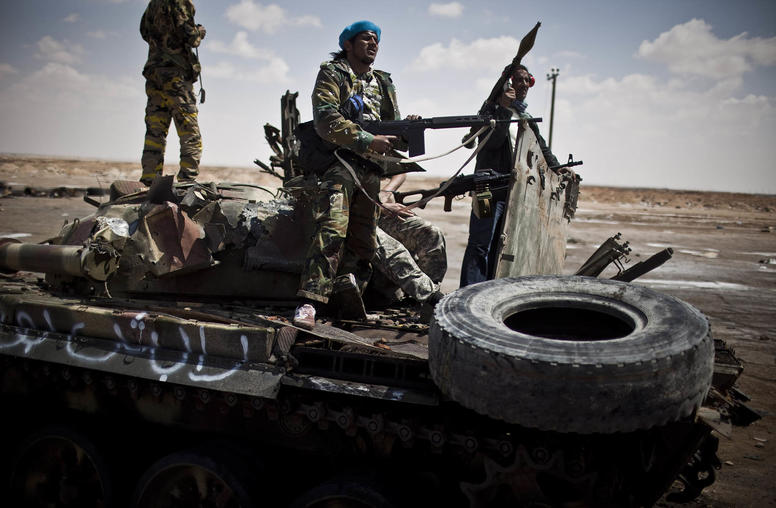
Libya Can Move Past Its Political Deadlock, But It Will Take Work to Maintain A ‘Deal’
Since 2012, multiple failed political transitions have taken their toll on the Libyan people. The continued and increasingly complex internal divisions and external vectors affecting Libya threaten to send it into another spiral of crisis and violence. Local and national leaders working in good faith to stabilize the country have inevitably grown cynical as ruling elites and their international partners fail to deliver local security and good governance.
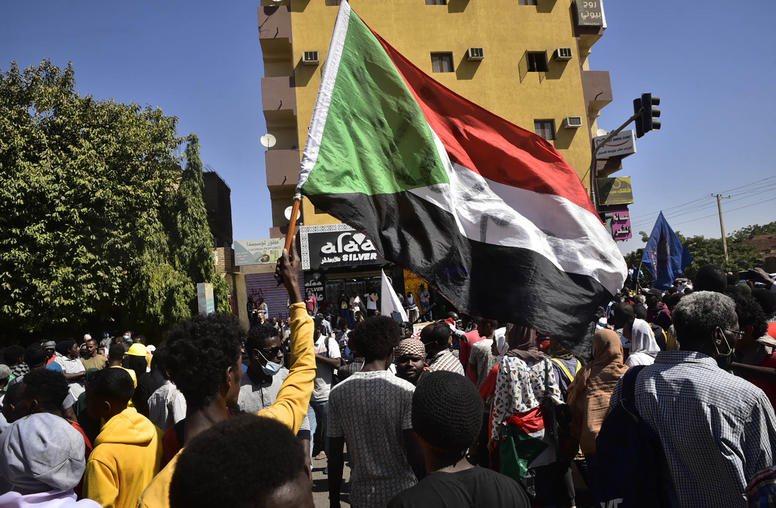
Sudan: Engage Civilians Now, Not Later
Over the last month, a series of cease-fires in Sudan have yielded minimal results. Fighting between the Sudan Armed Forces (SAF) and the Rapid Support Forces (RSF) has continued and even intensified in some places. While the capital Khartoum and areas surrounding key infrastructure remain the core battlegrounds, the clashes have spread into other parts of the country.
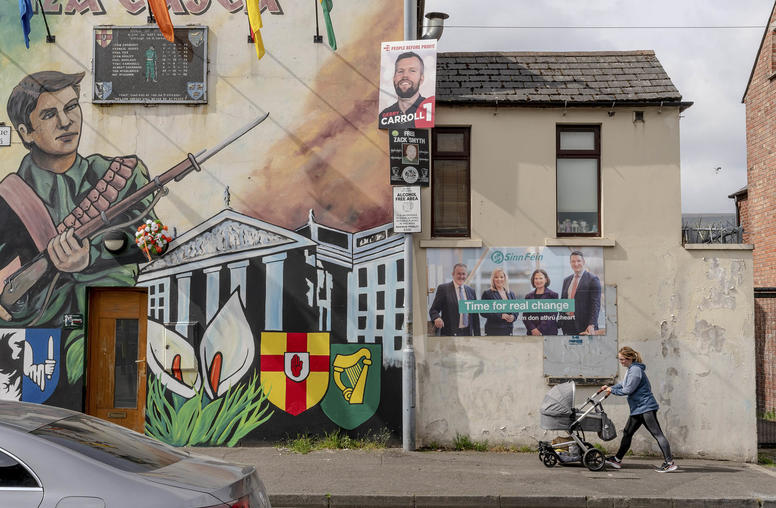
What Can We Learn from Northern Ireland’s 25 Years of Peace?
Next week marks 25 years since Northern Ireland’s Good Friday Agreement ended three decades of violent conflict between Catholics and Protestants. What can we learn from that breakthrough to strengthen peace efforts today? A Northern Irish peacebuilder argues a that a vital step in his homeland’s peace process placed civil society — and, critically, civil society’s religious participants — at its center in a way that other peace efforts (between Israelis and Palestinians, for example) have not. Northern Ireland continues to build reconciliation, a demonstration that, while religious factors sometimes fuel conflict, a fuller engagement of religious leaders and groups contributes powerfully to lasting peace.
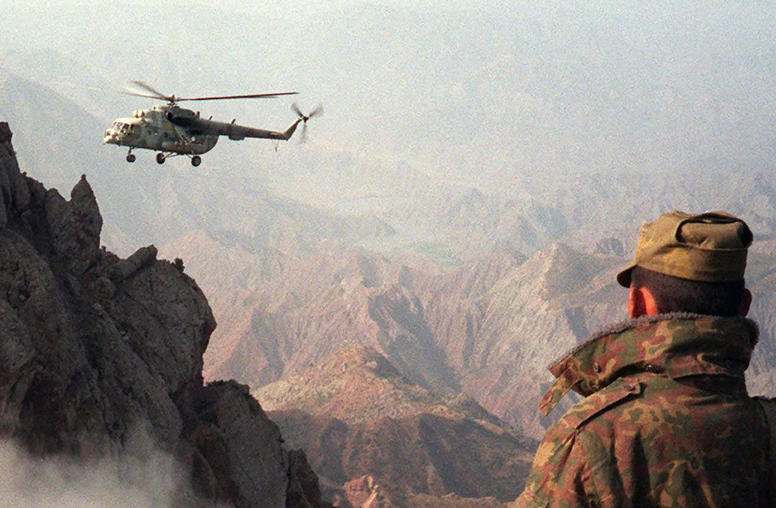
Tajikistan’s Peace Process: The Role of Track 2 Diplomacy and Lessons for Afghanistan
The peace process that ended the Tajik civil war in the late 1990s successfully combined both official and civic channels of communication and negotiation from its start. This report argues that although the agreement and its implementation were far from perfect, the Tajik experience contains valuable lessons on power-sharing arrangements, reconciliation, reintegration, and demobilization for the architects of future peace processes, and provides important insights into the shortcomings of the 2018–21 peace process in neighboring Afghanistan.
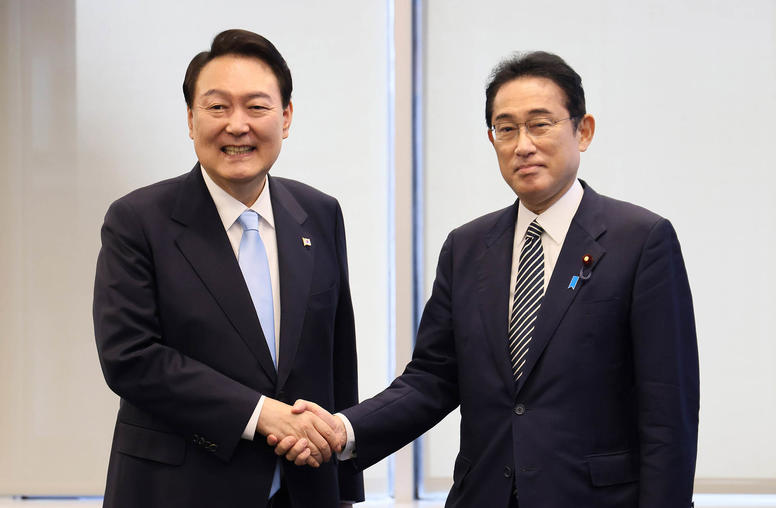
What’s Behind Japan and South Korea’s Latest Attempt to Mend Ties?
The meeting between South Korean President Yoon Suk Yeol and Japanese Prime Minister Fumio Kishida earlier this month — the first bilateral summit between South Korean and Japanese leaders in over a decade — was welcomed by both sides as a major step toward renewing relations. Despite ample common cause on issues such as regional security and economic growth, ties between the two countries have been strained in recent years over unresolved disputes stemming from Japan’s colonial occupation of Korea.
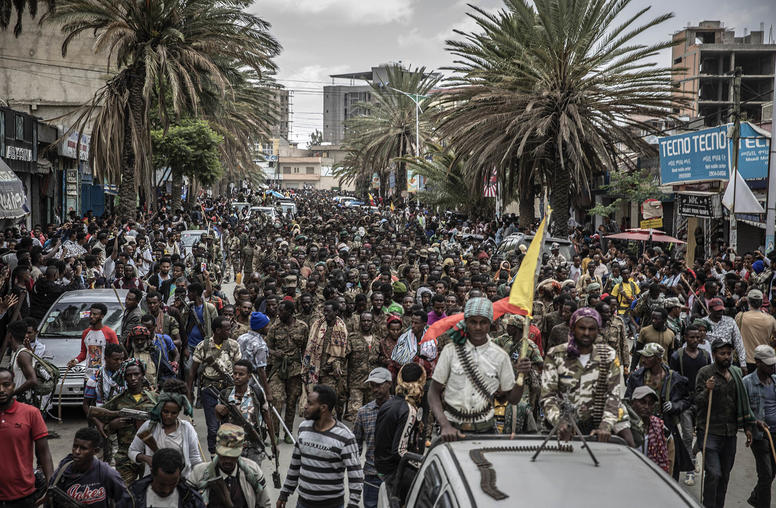
Peace for Ethiopia: What Should Follow Blinken’s Visit?
Secretary of State Antony Blinken’s talks in Ethiopia and his announcement of new U.S. aid this week advance vital steps for building peace in the country and greater stability in East Africa. Yet those tasks remain arduous and will require difficult compromises on all sides in Ethiopia’s conflicts. U.S. and international policymakers face a tough calculation over how to mesh critical goals: restoring full trade and economic assistance to help Ethiopia meet its people’s needs while also pressing all sides to advance justice and reconciliation to address the atrocities committed and damage caused during the war.
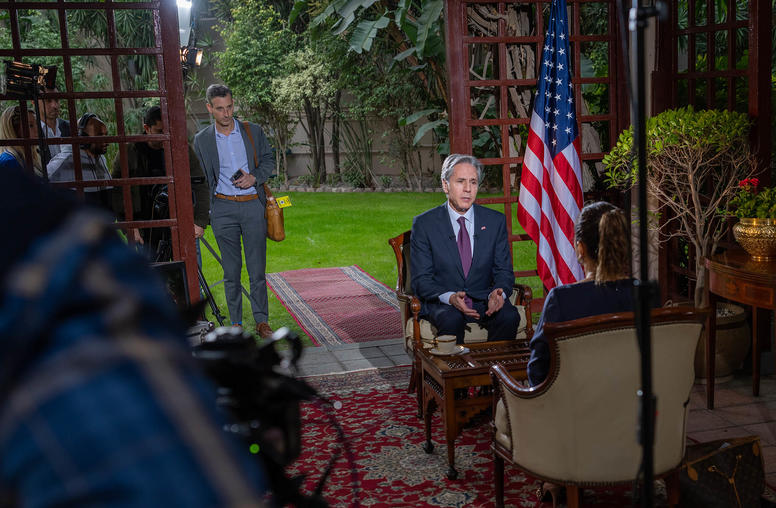
Takeaways from Blinken’s Trip to the Middle East
The Middle East has not been a high priority for the Biden administration thus far, with issues such as Russia’s war in Ukraine and escalating tensions with China taking precedence. However, recent developments in the region are catching the administration’s attention, and Secretary of State Antony Blinken’s visit to Egypt, Israel and the West Bank earlier this week sought to reaffirm U.S. engagement in the Middle East amid political turnover in Israel, spiraling violence in the Israeli-Palestinian arena, stepped-up Iran-Israel tensions and a deepening economic crisis in Egypt.
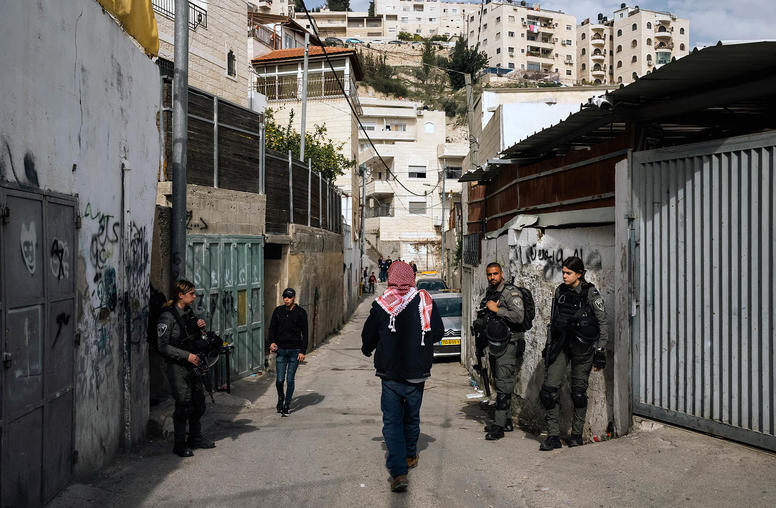
For Israelis and Palestinians, a Tragic Spiral Reemerges
Since late last week, violence between Israelis and Palestinians has rapidly escalated in the West Bank and around Jerusalem, and January has proven to be one of the most violent months in the West Bank in decades. Attacks continue, exacerbated by bitter publics, frenzied politics and fragile institutions in the West Bank. The Israeli-Palestinian conflict may be in a spiral toward a third intifada and even the possible end of the two-state paradigm.